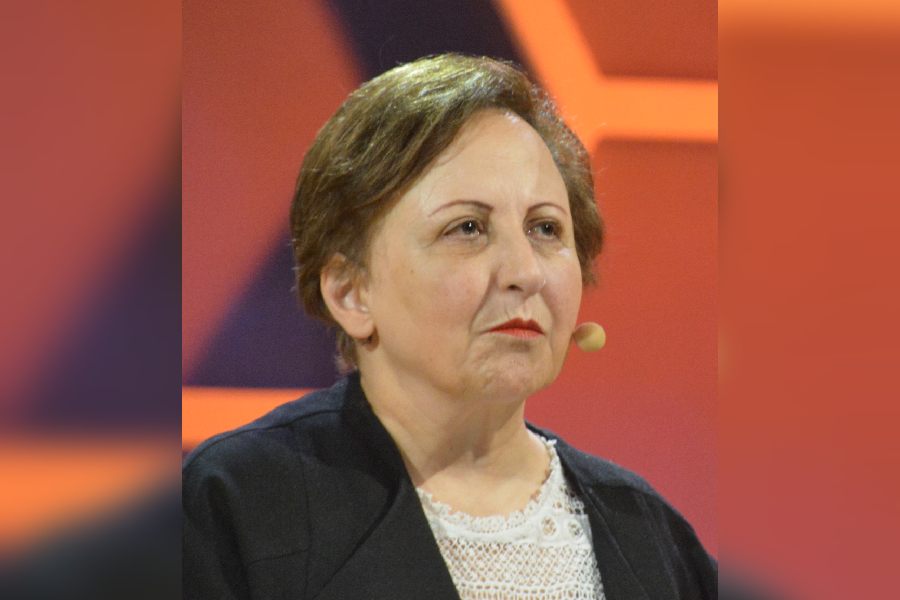The first round of talks between Iran and the US over Tehran's nuclear programme could be described as constructive only if the Islamic republic showed “some level of political maturity and acted like a normal country”, Iranian Nobel Peace laureate Shirin Ebadi has said.
The first round of talks between the US and Iran took place on Saturday in Muscat, Oman, where the officials from the two countries exchanged messages indirectly. The two sides described the talks as "constructive." "We have to wait and see if the Iranian regime has reached that level of political maturity and wisdom to renounce its political ambitions and to act like a normal country. And that way, make sure that the threat of war is removed from the region,” Ebadi told PTI on the sidelines of the Global Justice, Love and Peace Summit held in Dubai on April 12 and 13.
Iran and the US have agreed to hold the second round of talks.
Ebadi, who won the Nobel Peace Prize in 2003 and subsequently used the prize money to set up a human rights organisation - the Centre for Defenders of Human Rights (CDHR) - said that women throughout the world, including the US and Europe, face discrimination.
"But, yes, it is far worse in the Middle East. The problem is the Islamic laws, which are discriminatory. In Iran, they have a raw deal because the government uses these laws to sanction its behaviour and its discrimination against women,” Ebadi alleged.
After the 1979 Islamic revolution in Iran, a set of "discriminatory laws" were ratified by the Iranian government, she claimed.
"For instance, the hijab became compulsory for women as well as polygamy. Men were allowed to have four wives, and they could divorce them at any time they chose to. But women are not even allowed to travel without the permission of their husbands," she alleged.
Despite the oppression, Iranian women have time and again shown their resilience to the world, she claimed.
"The Iranian women are very strong. They’re very courageous, as we witnessed in the 2022 uprising in Iran. The whole world witnessed the strength of the Iranian women,” said Ebadi.
She, however, added that the real change can come only if the "discriminatory laws" are removed.
"The problem is that Iran is a dictator and is imposing its beliefs on the Iranian people in the name of Islam,” alleged Ebadi.
Except for the headline, this story has not been edited by The Telegraph Online staff and has been published from a syndicated feed.










